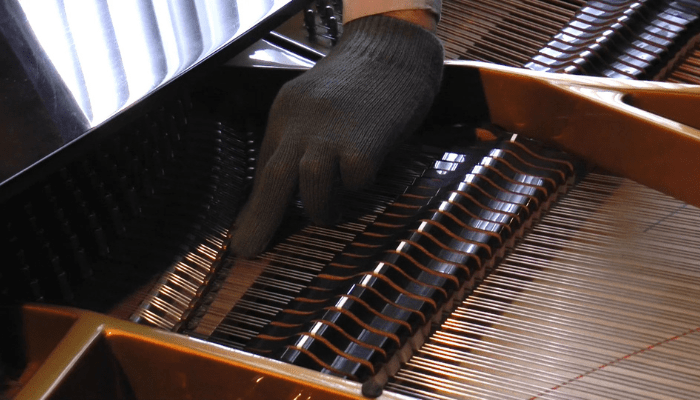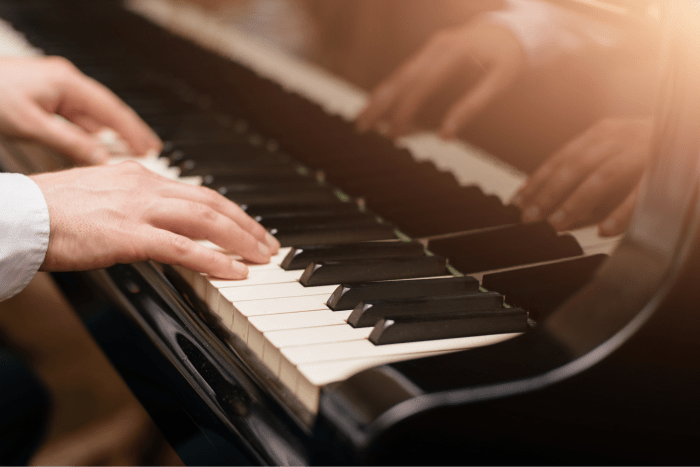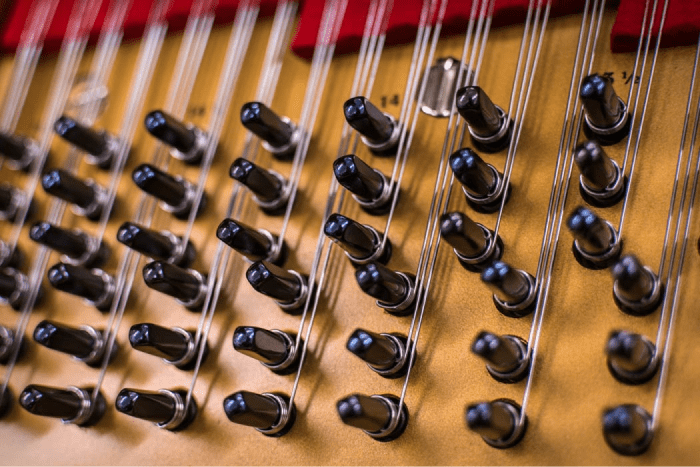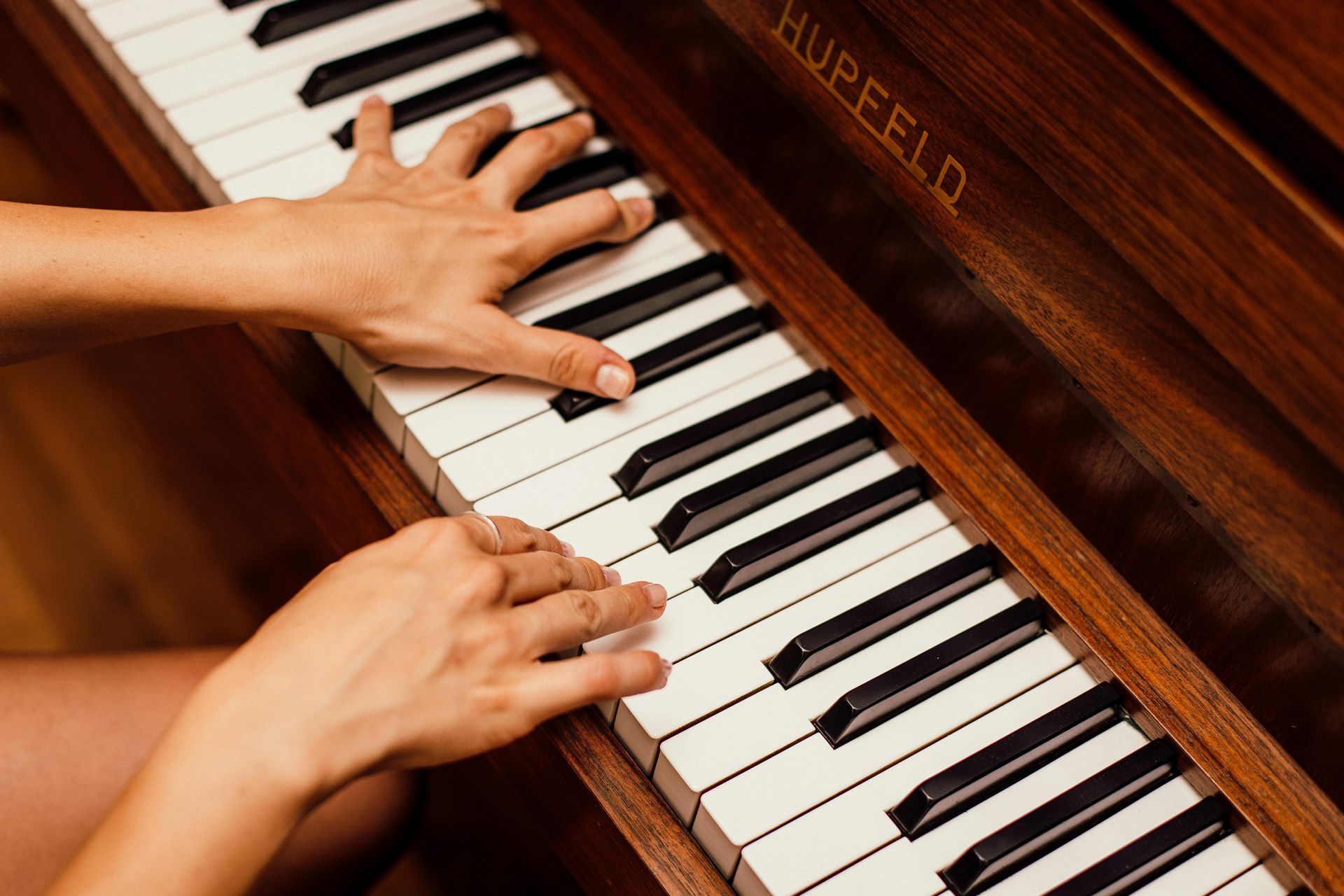Understanding Piano Tuning Costs
Understanding Piano Tuning Costs
Table of Contents:
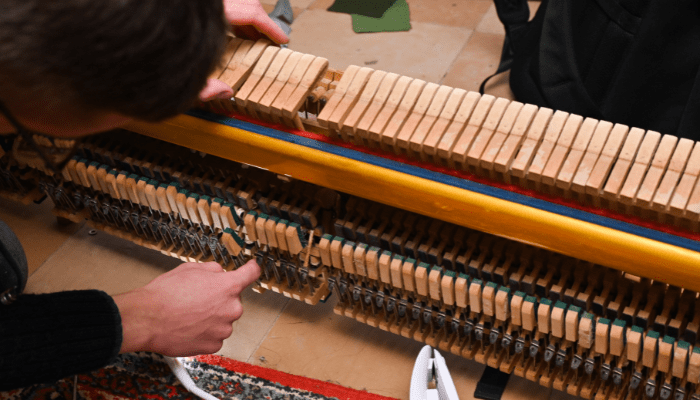
Maintaining a well-tuned piano is essential for preserving its sound quality, performance, and longevity.
However, many piano owners are unsure about the costs associated with tuning their instrument.
This guide will help you understand piano tuning costs, what affects them, and how regular maintenance can benefit your piano.
Why Is Piano Tuning Important?
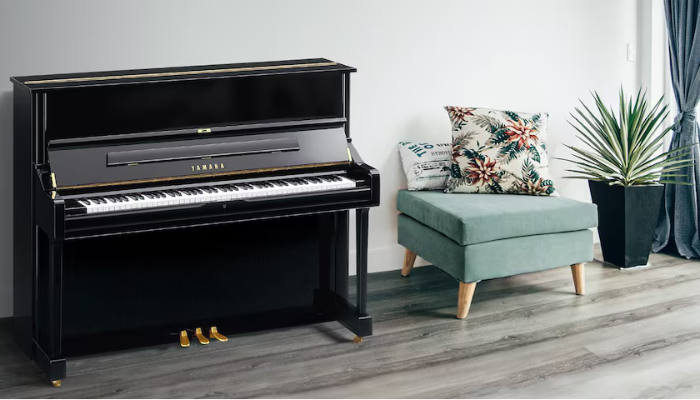
Pianos are delicate musical instruments that require regular tuning to stay in proper condition.
Over time, environmental factors, string tension, and usage can cause a piano to fall out of tune, affecting its sound quality and playability.
Regular
piano tuning
ensures that your instrument maintains the correct pitch and provides a properly tuned piano that sounds its best.
Whether you own an upright piano, baby grand, or acoustic piano, regular maintenance helps to prevent costly repairs and extends the life of your instrument.
What Influences Piano Tuning Costs?
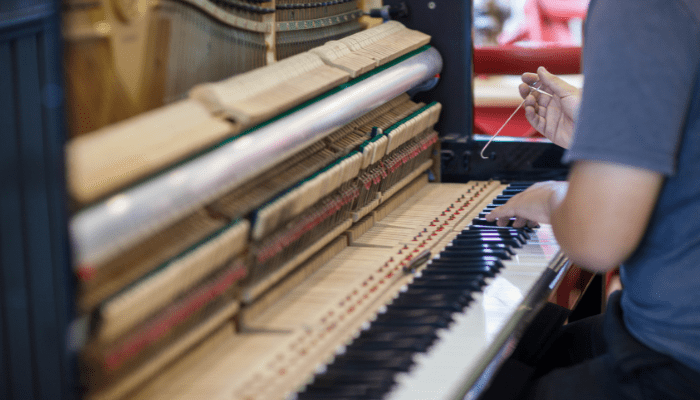
Type of Piano and Its Condition
The type of piano you own plays a significant role in tuning costs.
Upright pianos and baby grand pianos have different tuning requirements, while older pianos or those with broken strings may require additional repairs.
New pianos also need more frequent adjustments during the first year to stabilise their tuning pins and string tension.
Frequency of Tuning
Regular tuning is essential to keep your piano in optimal condition.
Pianos that haven’t been tuned for a long time may require pitch raising or pitch correction to restore them to concert pitch.
Frequent tuning ensures a well-tuned piano
and reduces higher costs associated with extensive corrections.
Tuner’s Experience and Expertise
The experience and qualifications of your piano tuner can also impact costs.
Hiring a professional piano tuner
or qualified piano technician with extensive training ensures that your piano is tuned accurately and safely.
Experienced tuners like
Neil Gracie
use specialised tools, such as a tuning hammer and tuning fork, to fine-tune pianos with precision.
What Is the Average Cost of Piano Tuning?
In Australia, the average cost of tuning a piano ranges from $120 to $250, depending on factors like the type of piano, its condition, and the services required.
Additional fees may apply for piano repairs, broken string replacement, or pitch raising. New pianos may incur higher costs in the first year due to the need for more frequent tuning.
Regular maintenance helps to keep these costs manageable while ensuring your piano stays in excellent condition.
What to Expect In The Piano Tuning Process
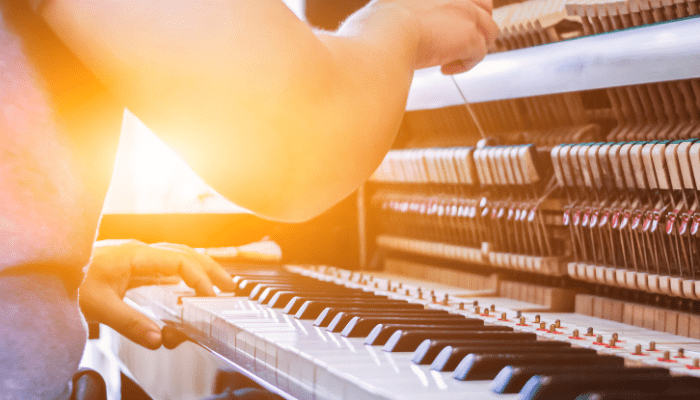
Preparation and Inspection
A professional piano tuning service begins with assessing the condition of your piano. This includes checking the tuning pins, strings, and overall structure to identify any potential issues.
Tuning and Adjustments
Using tools like a tuning hammer, the piano tuner adjusts the string tension to achieve the correct pitch. Fine-tuning ensures that the instrument is perfectly in tune, from middle C to the highest and lowest notes.
Additional Services
Professional piano tuners may offer additional services, such as piano repairs, climate control recommendations, and adjustments to improve the overall performance of your instrument.
Regular maintenance is key to preserving the condition of your piano and minimising maintenance costs.
Scheduling regular piano tuning ensures consistent sound quality and reduces the likelihood of costly repairs, and maintaining a stable environment for your piano helps prevent these issues and keeps it sounding its best.
How to Manage Piano Tuning Costs
- Schedule Regular Tuning: Regular piano tuning on a consistent basis helps avoid extensive pitch corrections and higher costs.
- Work with Local Piano Tuners: Hiring local piano tuners, like Neil Gracie, reduces travel costs and ensures prompt service.
- Maintain Stable Environmental Conditions: Climate control can prevent issues caused by humidity or temperature changes, preserving your piano’s condition.
Why Choose Neil Gracie Piano Tuning?
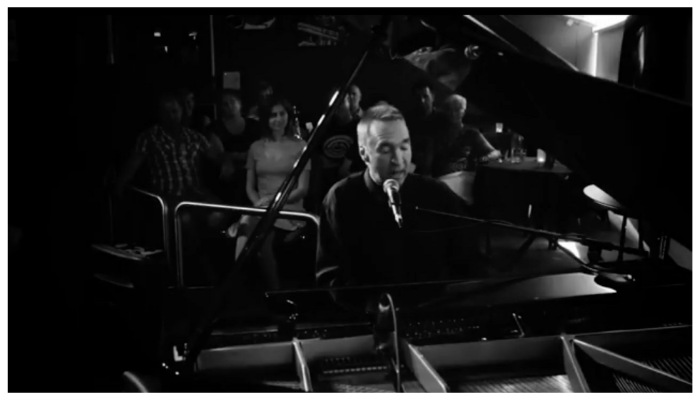
Experienced and Qualified Technician
Neil Gracie has extensive training and years of experience as a professional piano tuner in the Riverina region. His expertise ensures that every piano is tuned to perfection.
Neil offers a wide range of services, including professional piano tuning, repairs, and maintenance for upright pianos, baby grand pianos, and more.
As a trusted local piano tuner, Neil Gracie provides personalised service to piano owners throughout the Riverina.
His dedication to quality and customer satisfaction makes him the go-to choice for professional tuning.
Understanding piano tuning costs is essential for maintaining the health and performance of your instrument.
Regular maintenance and working with a professional piano tuner like Neil Gracie can help you manage costs while ensuring your piano stays in top condition.
Contact Neil Gracie Piano
Tuning today for expert advice and services to keep your piano sounding beautiful for years to come!
Frequently Asked Questions
How Often Should a Piano Be Tuned?
Pianos should be tuned on a regular basis, ideally twice a year, to maintain optimal sound quality. Regular tuning ensures the piano strings stay at the correct tension, preventing an out of tune piano. The frequency may vary depending on the piano type, the condition of the piano, and environmental factors such as humidity.
What Is a Pitch Raise, and When Is It Needed?
A pitch raise is a process performed when a piano hasn’t been tuned for a long time and the strings are significantly flat. It adjusts the piano strings to bring them back to standard tuning before fine-tuning. Older pianos or pianos that haven’t been maintained on a regular basis often require a pitch raise to restore proper sound quality.
Can Digital Pianos Be Tuned Like Acoustic Pianos?
Digital pianos do not require tuning as their sounds are electronically generated. However, acoustic pianos, such as upright or grand pianos, need regular tuning and maintenance services to ensure a properly tuned piano. It’s important to consider your specific piano type when planning maintenance.
How Does the Condition of the Piano Affect Tuning Costs?
The condition of the piano plays a significant role in determining tuning costs. An old piano or one with issues such as worn piano strings or loose tuning pins may require additional maintenance services. Professional piano technicians will inspect the instrument and recommend repairs or adjustments to ensure it is tuned correctly.
Are There Different Types of Tuning for Pianos?
Yes, tuning methods vary based on the piano’s needs. Standard tuning ensures the piano is adjusted to concert pitch, while additional adjustments like pitch raising or fine-tuning may be required for pianos that are significantly out of tune. The piano type and its condition will dictate the tuning process.
Why Is Regular Piano Tuning a Good Idea?
Regular piano tuning helps maintain consistent sound quality and prevents long-term issues. It’s a good idea to schedule regular tuning to avoid an out of tune piano and ensure the instrument stays in optimal condition. Regular maintenance also reduces overall piano costs by preventing the need for extensive repairs.
Why Should I Hire a Professional Piano Technician?
Professional piano technicians have the expertise and tools to handle different types of pianos, from older acoustic models to brand-new instruments. They assess the condition of the piano, identify its unique piano needs, and provide tailored tuning and maintenance services. Working with a qualified technician ensures your piano sounds its best and helps you make informed decisions about its care.
